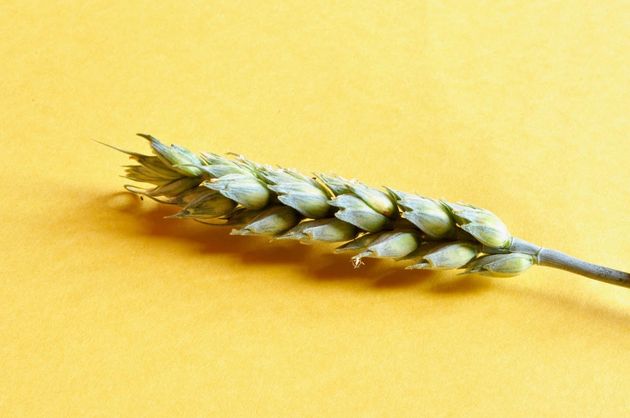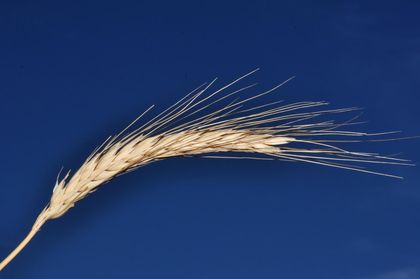Pharaoh’s dream
Honesty, nobility and dependence on the Almighty are always the characteristic features of those who are being shaped and used as vehicles of His divine will.
27 JULY 2019 · 15:00 CET

He fell asleep again and had a second dream: Seven heads of grain, healthy and good, were growing on a single stalk. After them, seven other heads of grain sprouted—thin and scorched by the east wind. The thin heads of grain swallowed up the seven healthy, full heads. Then Pharaoh woke up; it had been a dream. (Gen. 41:5-7)
An ear of grain is an inflorescence which takes the form of a cluster, the central stem of which is elongated, with sessile flowers hanging from it.
There are two Hebrew words referring to the cereal flowers: shibboleth for the ears that are ripe and ready for reaping (Ruth 2:2; Lev. 19:9-10; Deut. 24:19), and melilah, for those that can be pulled out by hand with the aim of crushing them and eating the grains (Deut. 23:25; Matt. 12:1; Mark 2:23 and Luke 6:1).
In addition to these two terms, there is also the term lagat, which refers to the action of reaping and gleaning the cereal harvest.

In Bible times, it was common to gather up the ears that had fallen on the ground after the reapers had finished their work, as the means whereby the owners of the land were obliged to provide for the poor.
The landowners could not go back over the crops that had already been reaped, nor return to vines that had been harvested, which was the prerogative of the poor, so that they could find food to eat (Lev. 19:9-10; 23:22; Deut. 24:21; Judges 20:45; Ruth 2: 2-23; etc.).
For the most part, cereal crops consisted of wheat, spelt, rye, oats or barley.

The Bible text at the top of this article corresponds to Pharaoh’s dream, which was interpreted by Joseph (Genesis 41).
The seven thin cows which came out of the Nile and devoured the fat cows, and the seven thin heads of grain (Egypt’s cereal crops) which swallowed up the healthy ones, symbolised seven years of scarcity, which would follow the seven years of abundance.
God revealed the meaning of this dream to Joseph to bring him out of prison and have him raised to a position of social and economic pre-eminence because he had other plans for him and his family. Joseph is an example of dependence on God.

He never attributed to himself any merit whatsoever for interpreting Pharaoh’s dream, but rather always stated clearly that God had revealed the meaning to him.
Honesty, nobility and dependence on the Almighty are always the characteristic features of those who are being shaped and used as vehicles of His divine will.
Published in: Evangelical Focus - Zoe - Pharaoh’s dream
